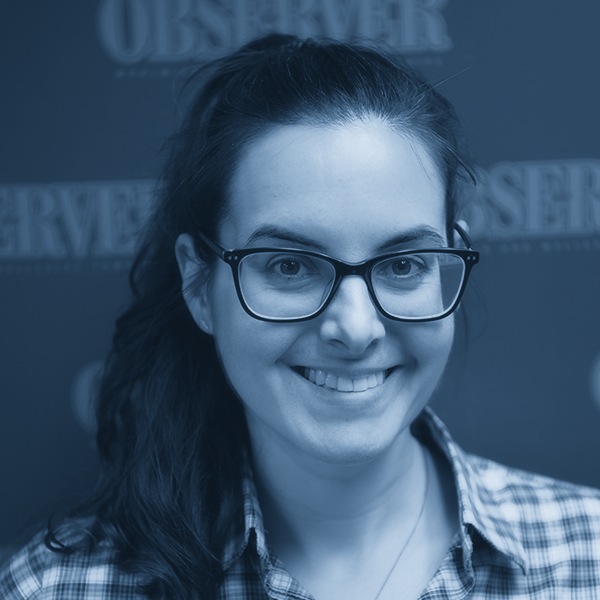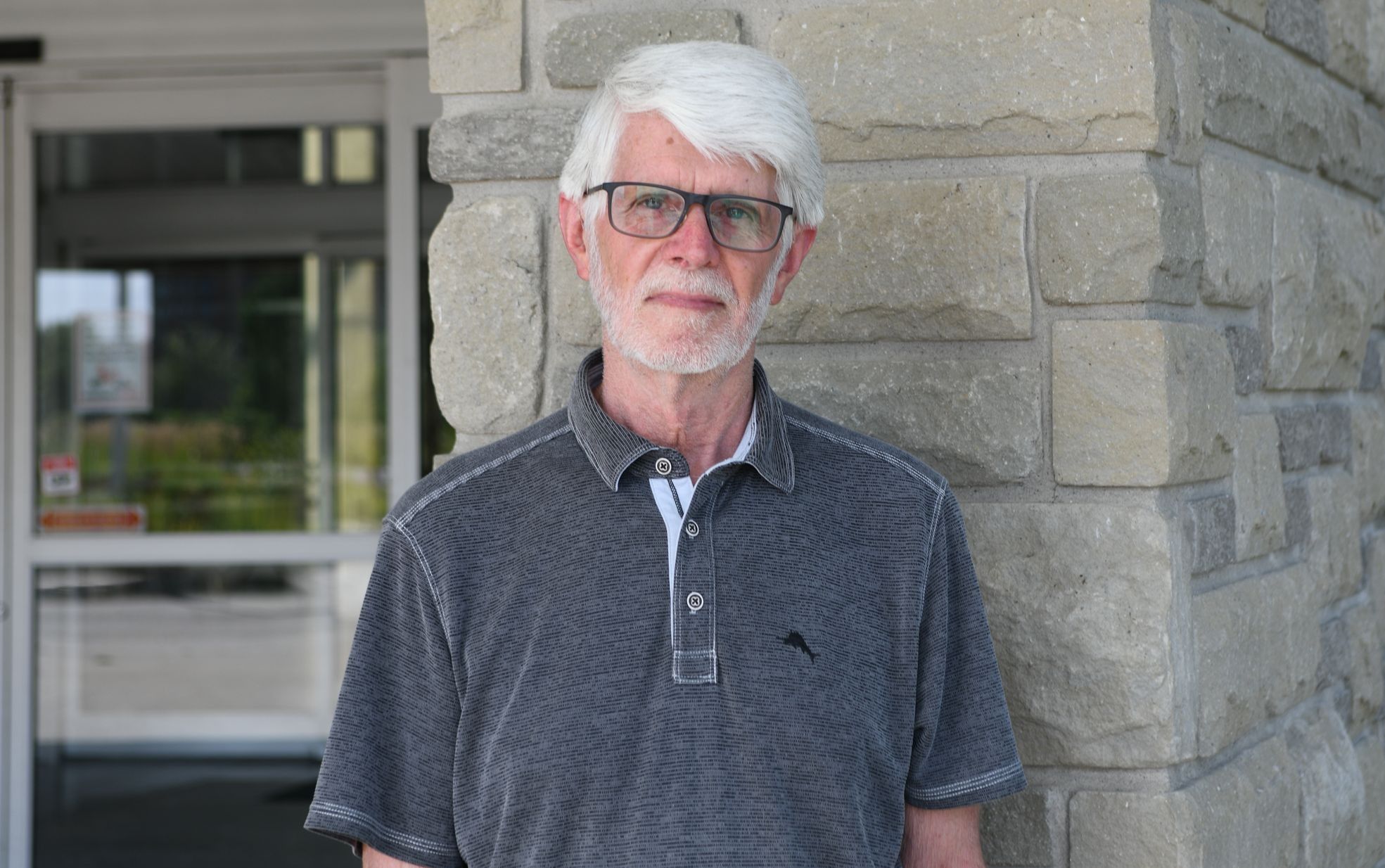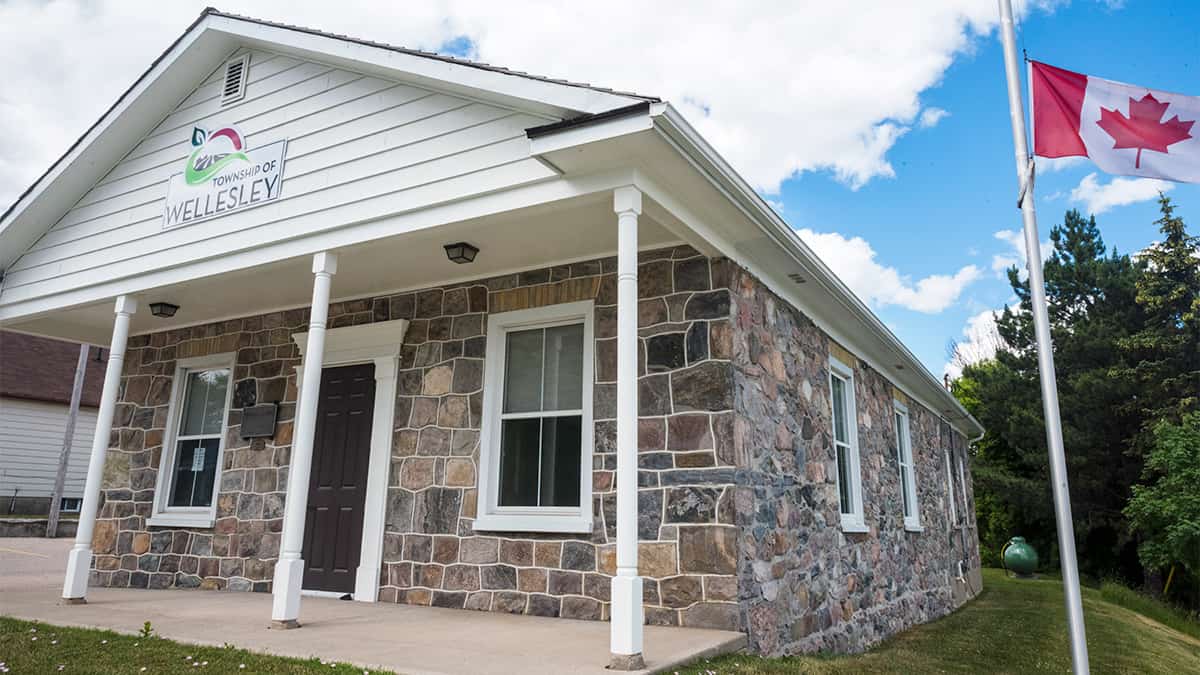Learning for the sake of learning is the name of the game for Third Age Learning.
Ron Rempel, president of the Kitchener-Waterloo chapter, says the concept of lifelong learning can be more defined with first, second, third and fourth ages.
“The First Age being childhood and adolescence, and then Second Age being those years of working full-time, raising kids and so forth. The Third Age: retirement, leaving full-time employment, the kids most often are gone, they are raised by then,” he said. “So, [the Third Age] is that post-retirement slice of life when people are still mobile and out and about, and really interested in continuing some lifelong learning.”
He notes there is also a Fourth Age, more for older seniors, perhaps with more physical limitations.
Third Age Learning began as a movement in Toulouse, France in 1973 when Prof. Pierre Vellas offered continuing education to seniors. The idea and movement grew and spread to other countries, where the concept was adapted to suit individual cultures. In the 1980s, a chapter started up in KW.
What started off as a small group of people grew by word of mouth. Just before the pandemic began, the group was filling the RIM Park lecture hall big enough for 650 people. At that point, events were offered via video lectures over the internet.
The group started off their in-person events again last year. This year the leadership is offering events both in-person and via Zoom for people who want to watch from home.
Rempel got involved once he retired. “I heard about Third Age Learning, and I started going to their lectures. I found them really quite interesting,” he said. Before he knew it, he was volunteering to join the board in 2019.
He says the group regularly sells 300 to 600 tickets for each lecture series. Tickets are priced at $60 for the fall series, or $50 for the early bird price.
Each lecture series is six or eight weeks in length. Each lecture is about one and a half hours long, with the guest speaker talking for the first hour, followed by a break, and then time for a submitted question-and-answer period.
The sessions can take different forms. An expert might present something that takes more the shape of a course, and present for the entire time.
“I’ll give you an example, one that was really very popular,” said Rempel. “It was called shake, rattle and roll: Our relentless world. So there was a retired geology professor who was really studying the occurrence of volcanoes in many different parts of the world. He had a wonderful set of slides, so he made himself available for an eight-lecture series.”
Another format the sessions might take is to hear from many experts on different aspects of one topic. For example, the upcoming session for the fall is titled Game Changers and features lectures about innovations or innovators who are creating new realities in society. Guest lecturers include Prof. Peter van Beek of the University of Waterloo speaking about artificial intelligence and Kitchener Centre MP Mike Morrice and his lecture on his way of doing politics differently.
Rempel says Third Age Learning is important for the community and serves a large need for the retired section of the population, which is growing.
“This is an opportunity for interested and curious retirees to stay connected with important issues in the community, to stay informed, and then to give them inspiration or motivation to get involved in some of these areas that require citizen participation and involvement. So yeah, it’s just a way to provide resources for interested and curious lifelong learners,” he said.
Rempel encourages people to visit www.tal-kw.ca for more information.









